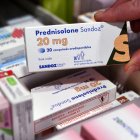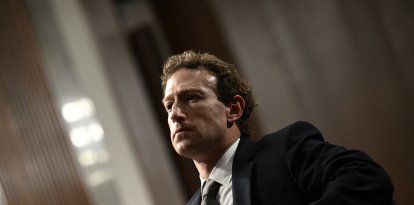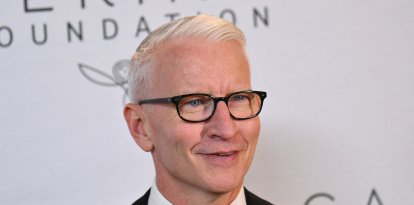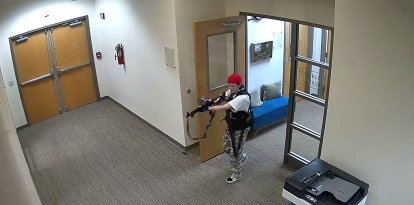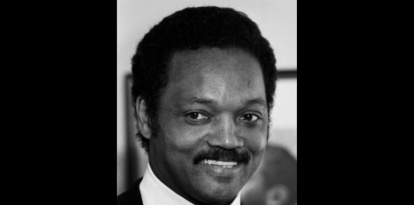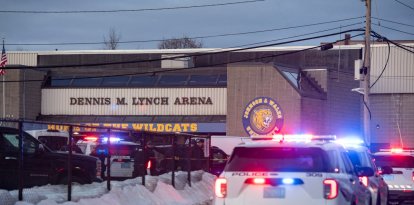DOJ sues CVS for supplying 'massive' quantities of dangerous drugs without required controls
An employee compared the company's internal culture to the speed demanded at McDonald's, ignoring the dangers of dealing with hazardous substances.
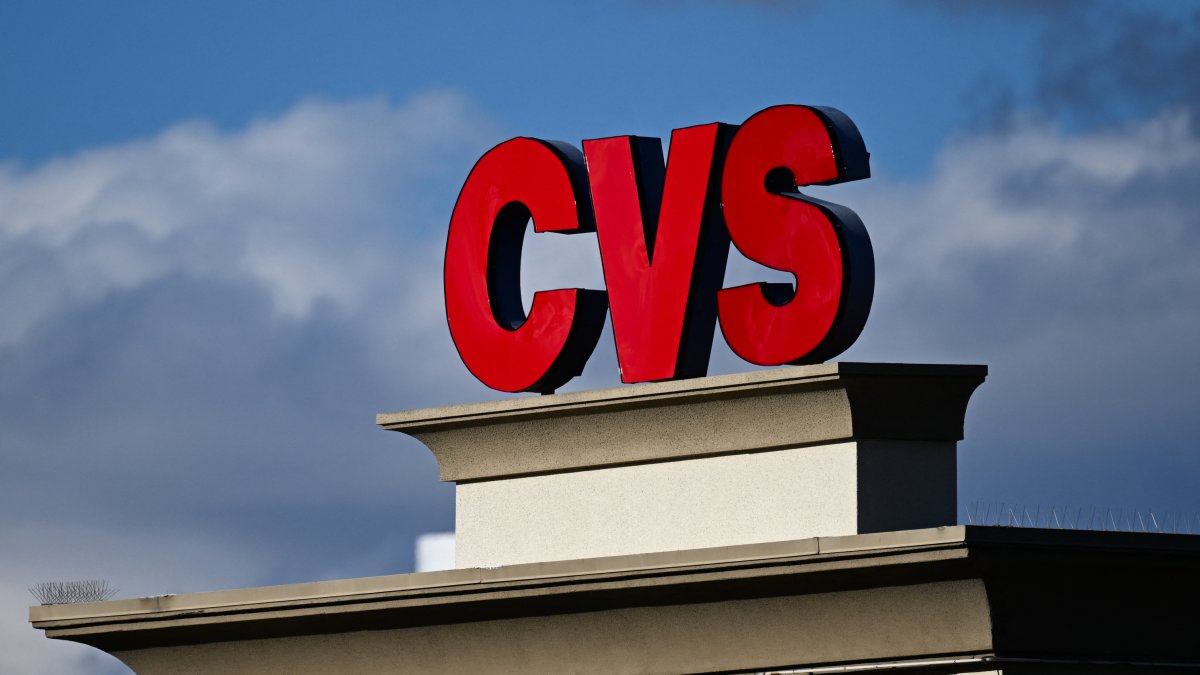
CVS store in Las Vegas
The Department of Justice (DOJ) filed a lawsuit against CVS for supplying "massive" quantities of dangerous drugs without the necessary controls, putting its bottom line above the health of Americans.
According to the agency, from 2013 to the present, the nation's largest pharmacy chain "knowingly" delivered drugs in exchange for prescriptions that lacked "a legitimate medical purpose, were not valid, and/or were not issued in the usual course of professional practice."
The "large number of unlawful prescriptions" included orders for "dangerous" or "excessive" and "early" amounts of opiates. Some of those prescriptions were allegedly written by prescribers who were exercising "pill mill practices": "Prescribers who issue large numbers of controlled substance prescriptions without any medical purpose." CVS, the DOJ asserts, was aware of the latter.
One of them, later arrested, was the "top prescriber of opioids in Pennsylvania" between 2014 and 2016, according to the lawsuit. In less than four years, he allegedly prescribed more than 9.5 million units of oxycodone, hydrocodone, oxycontin and fentanyl. Despite numerous alarms, it took the chain four years to block "The Maniac" or "Candy Man," as he was nicknamed by his customers, and it did so only after the DEA raided its offices.
The company reportedly ignored numerous warnings, including those from its own pharmacists. The violations were allegedly a direct result of company policies that "prioritized corporate profits over patient safety."
Employees ignored and pressured
Performance metrics, compensation and personnel policies all allegedly contributed to pressuring pharmacists to process prescriptions as quickly as possible, without investigating some customers' "red flags" despite the fact that by law, drugs cannot be dispensed if there is suspicion of irregularities. In doing so, they allegedly violated their role as "gatekeepers" of dangerous drugs.
One employee, whose words were quoted in the lawsuit, even compared it to those of an "assemblyline":"[S]afety issues arise when one is dealing with medication and also being rushed to fulfill an order like mcdonalds [sic]..."
"We are talking about taking less than a minute to decide the accuracy, safety, interaction with other meds," stated another. "What do you think the chances are that I made no mistakes on any of the prescriptions I did today? Slim to none..."
Contributing to the opioid crisis
"The practices alleged contributed to the opioid crisis and opioid-related deaths, and today’s complaint seeks to hold CVS accountable for its misconduct," explained Brian M. Boynton, head of the DOJ's Civil Division.
The agency claims there were cases in which patients died of opioid overdoses shortly after purchasing them at CVS.
The Centers for Disease Control and Prevention (CDC) claims that more than 700,000 people died between 1999 and 2022 from opioid overdoses, obtained by prescription or illegally.
The DOJ reminded that this remains a problem today: "Opioid deaths remain a scourge on communities... robbing families of loved ones and leaving a path of devastation in their wake."
Reparations
In some cases, moreover, CVS allegedly required reimbursements for the fraudulent prescriptions to federal health care programs. This violated both the regulations governing the dispensing of controlled substances (Controlled Substances Act or CSA) and the law against defrauding federal programs (False Claims Act or FCA).
As relief, the DOJ is seeking the court to compel CVS to modify its practices and to financially compensate it for damages, including between $5,500 and $23,607 for each false application submitted to a federal government program and the full amount of its "unjust enrichment," which should emerge during trial.
CVS responds
In 2022, the company reached a settlement to resolve similar claims by state, local governments and Native tribes. Although it did not admit guilt, it agreed to pay approximately $5 billion over a decade.
This time, for now, the company has responded only in a terse statement picked up by Reuters: "We have cooperated with the DOJ's investigation for more than four years, and we strongly disagree with the allegations and false narrative within this complaint."






